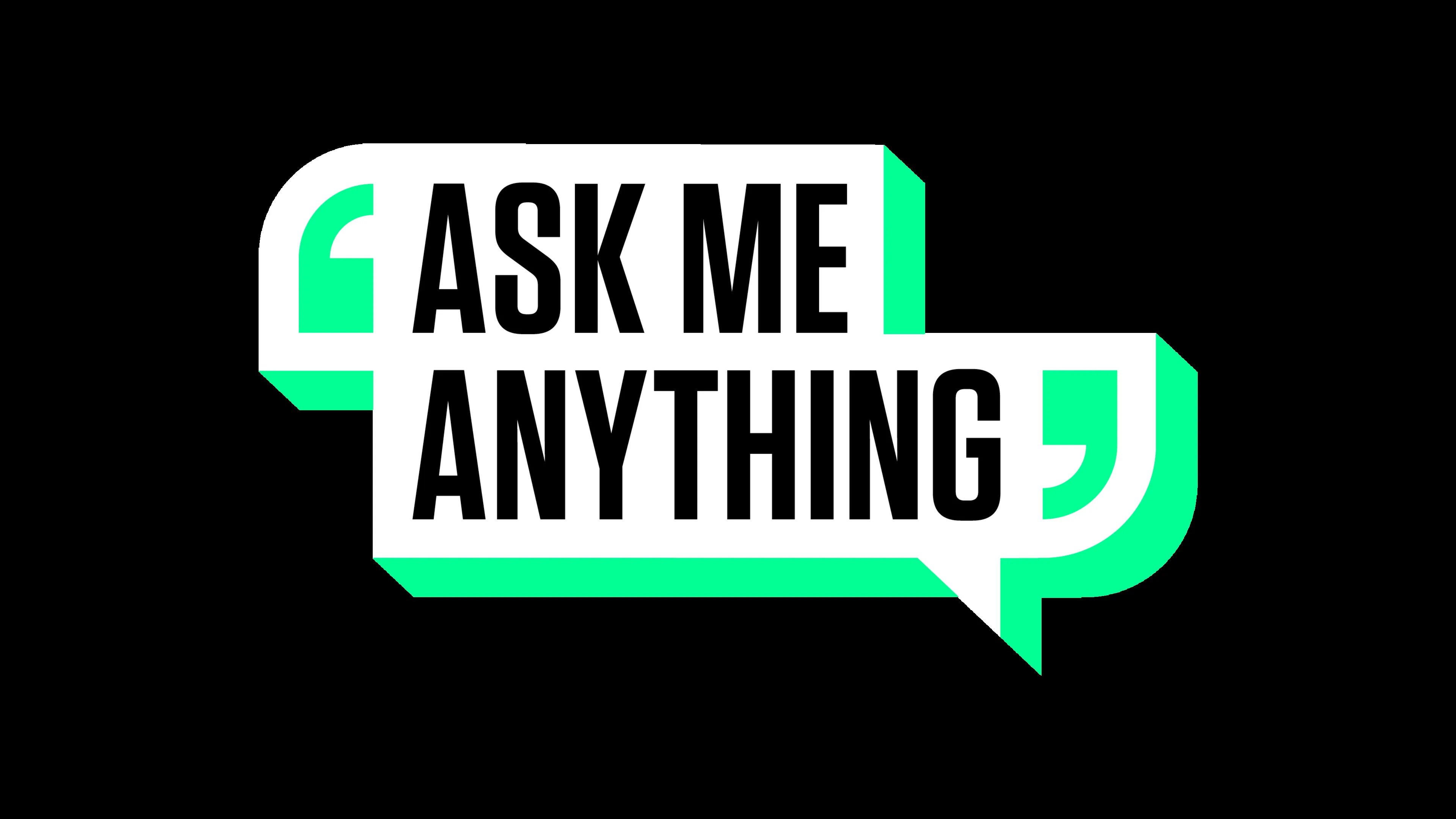

News


Discover our latest stories and insights from around the world
 News
News
 By Emily Cruz
•
18 Sep 2025
By Emily Cruz
•
18 Sep 2025
 News
News
 By Emily Cruz
•
18 Sep 2025
By Emily Cruz
•
18 Sep 2025
 News
News
 By Emily Cruz
•
18 Sep 2025
By Emily Cruz
•
18 Sep 2025
 News
News
 News
News
 By Emily Cruz
•
18 Sep 2025
By Emily Cruz
•
18 Sep 2025
 News
News
 By Emily Cruz
•
17 Sep 2025
By Emily Cruz
•
17 Sep 2025
 News
News
 News
News
 By Emily Cruz
•
17 Sep 2025
By Emily Cruz
•
17 Sep 2025
 News
News
 By Emily Cruz
•
17 Sep 2025
By Emily Cruz
•
17 Sep 2025
 News
News
 By Emily Cruz
•
17 Sep 2025
By Emily Cruz
•
17 Sep 2025
 News
News
 By Emily Cruz
•
17 Sep 2025
By Emily Cruz
•
17 Sep 2025
 News
News
 By Emily Cruz
•
17 Sep 2025
By Emily Cruz
•
17 Sep 2025
 Emily Cruz
Emily Cruz

 Emily Cruz
Emily Cruz

 Emily Cruz
Emily Cruz



 Emily Cruz
Emily Cruz


